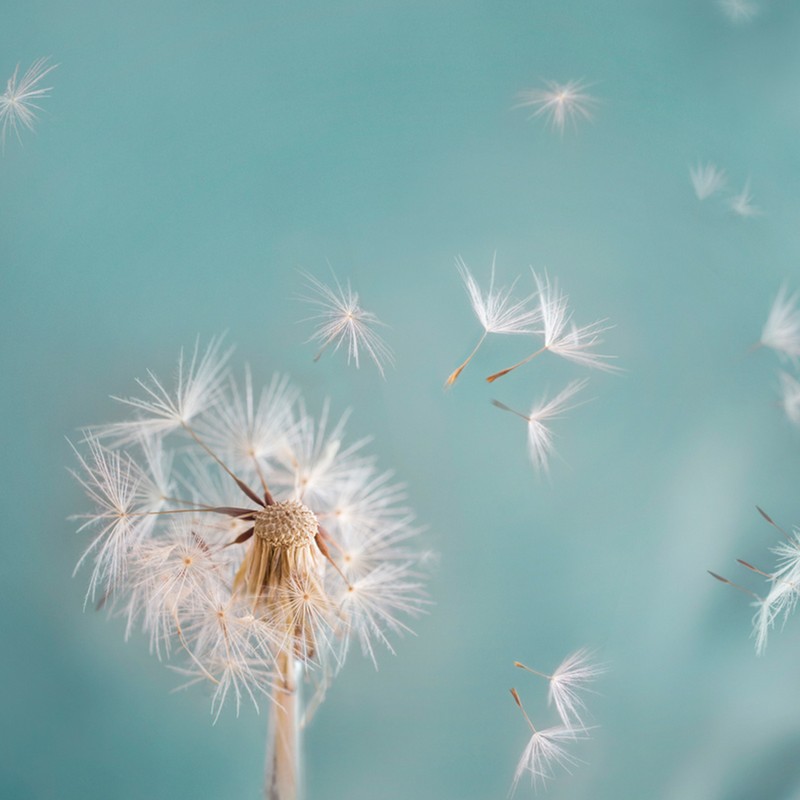The Hay Fever Treatments To Try
UPDATED APRIL 2020
If You’re Someone Who Really Suffers…
“Try to avoid contact with pollen whenever possible by keeping away from parks and gardens – mainly when levels are at their highest in the morning and night,” says Dr Clare Morrison of MedExpress. “If you do start to really suffer, have a shower and change your clothes once you get inside. It sounds simple but this small act alone will rid you of any unwanted pollen particles. In severe cases, a visit to your GP may even result in an injectable steroid, with results lasting for a good few weeks – possibly the entire hay fever season. But it’s worth noting these steroids can cause side effects, including weight gain, dyspepsia, raised blood sugar and osteoporosis. I also recommend fexofenadine tablets if you really suffer – they’re a brilliant non-drowsy option.”
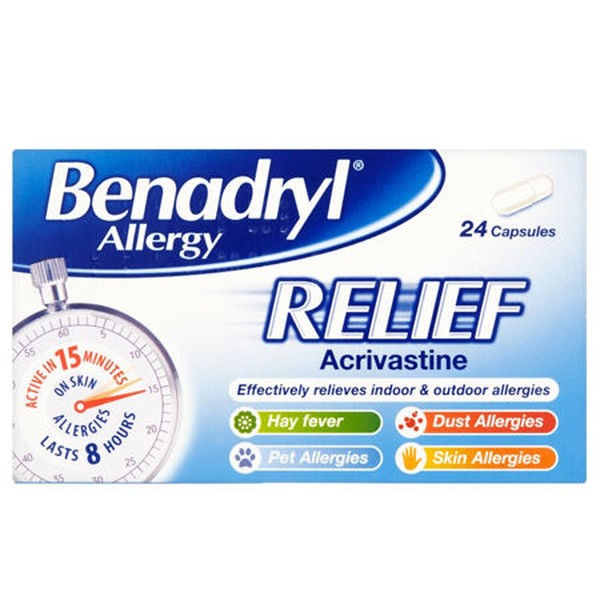
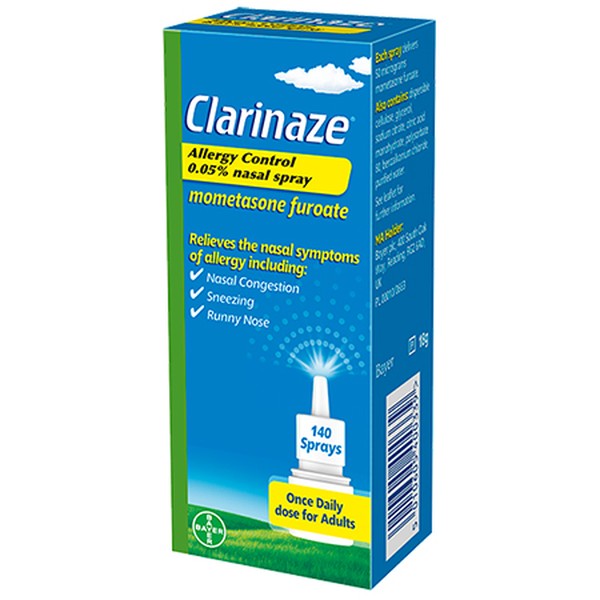
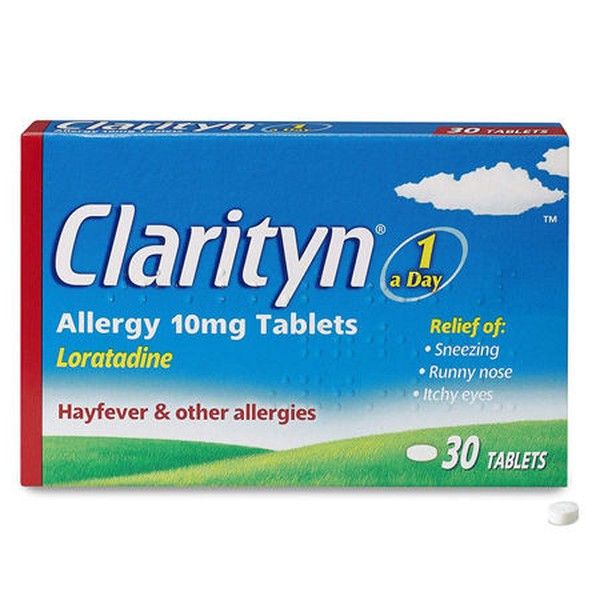
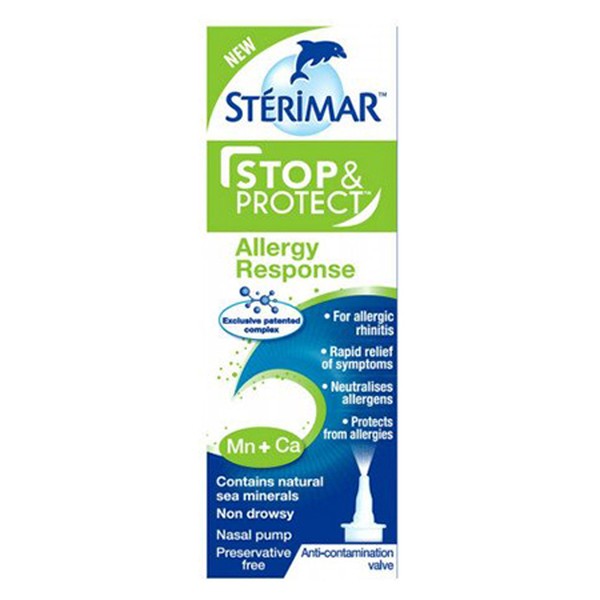
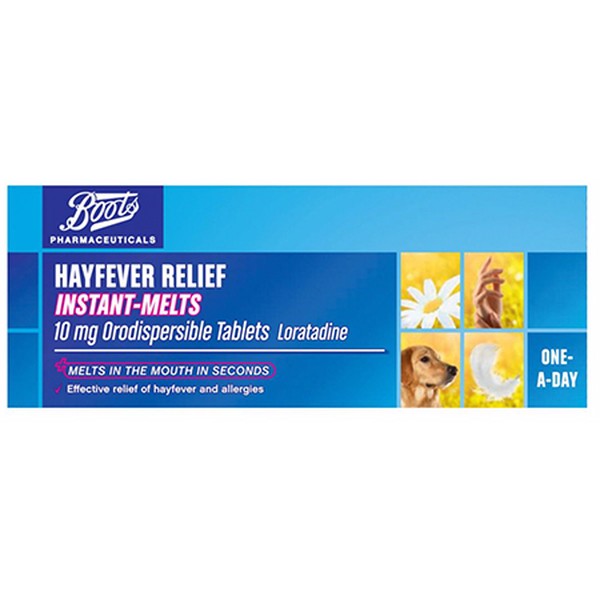
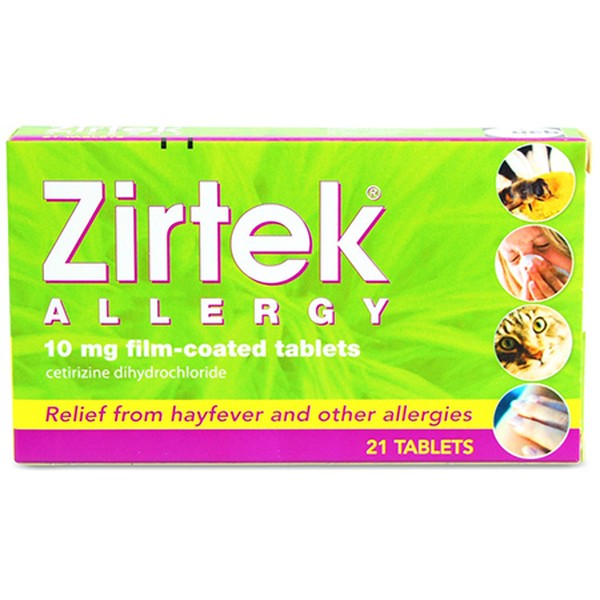
If You Prefer A Natural Remedy…
Margo Marrone, founder of The Organic Pharmacy, recommends homeopathy to tackle seasonal allergies. “Take 15 drops twice a day of my Sneeze Away Tincture – this works wonders to reduce sneezing and calm inflammation. For a two-pronged attack, also take Mixed Pollens and Grasses 30c four times a day.”
As nutritionist Jenna Hope explains, certain foods are naturally high in histamine, or block enzymes that break down histamine. If you are struggling with seasonal allergies, consider cutting back on alcohol (specifically wine, beer and champagne, and especially red wine); fermented foods and vinegars; bananas, strawberries and papaya; chocolate; and certain vegetables, including avocado, aubergine, tomatoes and spinach. Studies have also found dairy products and sugary foods can worsen hay fever symptoms as they increase the production of mucus in the respiratory tract. Try alternatives to dairy such as almond and rice milk, and try to supplement your diet with foods that have natural antihistamine properties such as broccoli, asparagus, onion, garlic, cherries and pineapple. Jenna also advises upping your intake of quercetin, a natural antihistamine found in kale, watercress, capers and red onions. “Supplemental forms of 1,000mg a day may also be useful. However, they can interfere with certain medications so always check with your GP,” she says.
It’s also worth bearing in mind that, when you’re stressed, your body releases hormones and other chemicals, including histamine, which can exacerbate allergies. If ever there was a time to master mindfulness, it could be now.
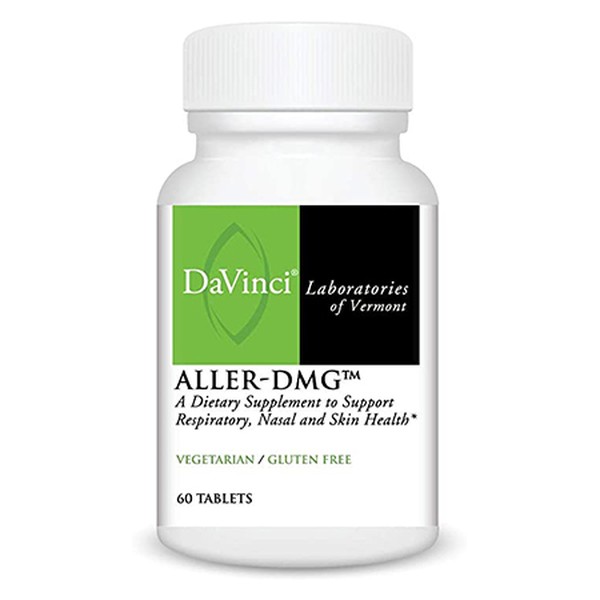
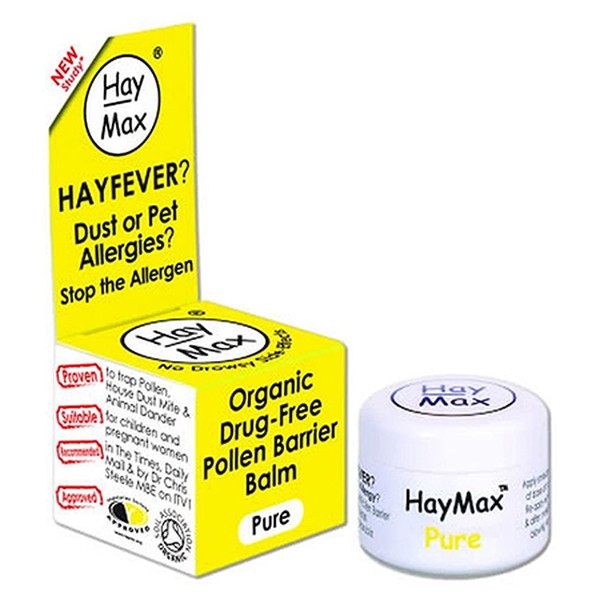
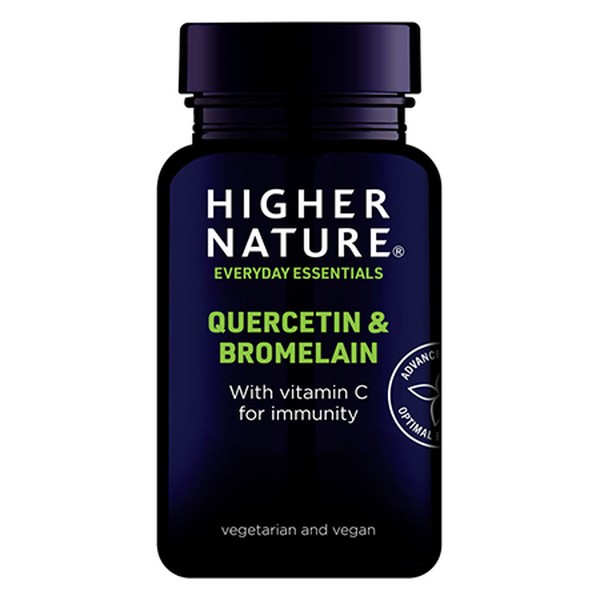
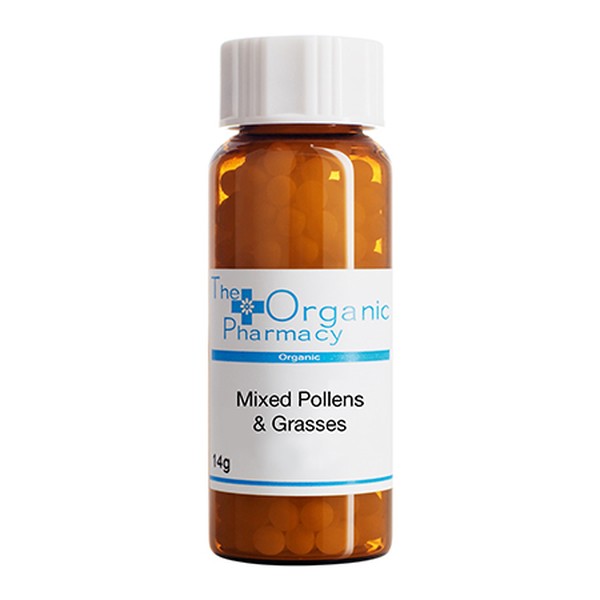
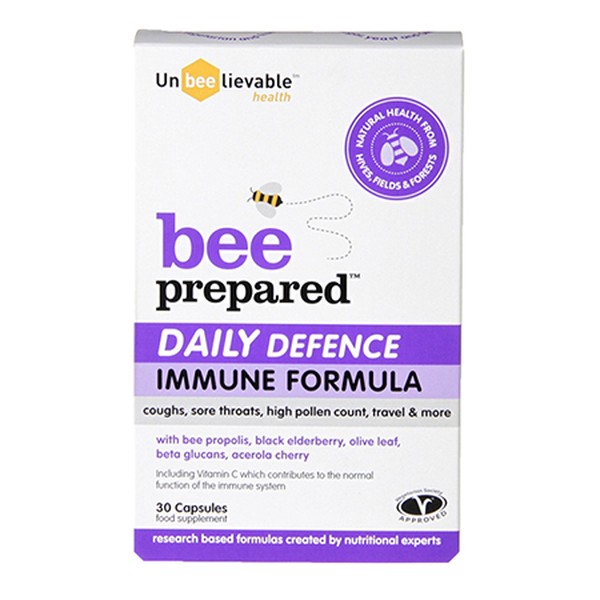
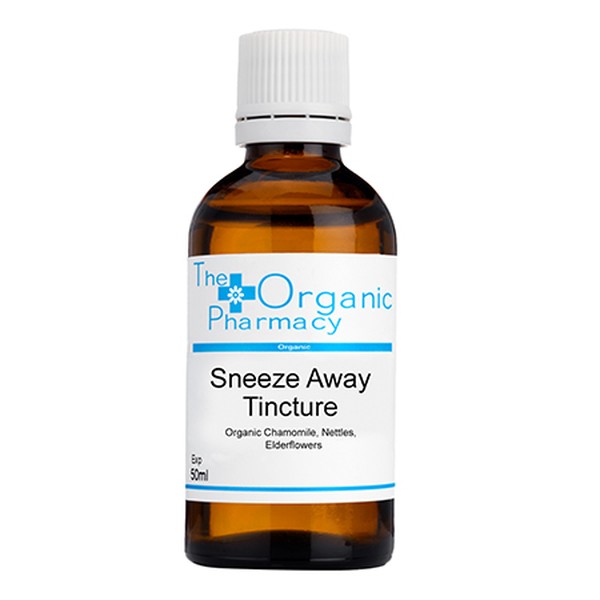
If You’d Like To Prevent It Early…
If you’re into alternative therapies, consider acupuncture and reflexology, both of which have been shown to ease symptoms of seasonal allergies. The World Health Organisation (WHO) recently said acupuncture has been proven in controlled trials to be “more effective than antihistamine drugs”. For a sniffle-free summer, it’s best to start early and maintain treatment throughout the season. Research has also suggested eating honey in advance of hay fever season can help de-sensitise pollen allergies because it contains pollen itself, allowing the body to build up a tolerance naturally. “If you want to try it as a prevention technique, it’s best to eat honey that has been made locally as it will have a variety of pollen sources,” says Clare. Make sure you start consuming it regularly at least three months prior to peak season, which is said to be from late March through to September.
If Your Children Suffer Too…
“Eye drops, nasal sprays and antihistamine syrups are now suitable to treat symptoms in children and most come in non-drowsy formats,” says Lloyds Pharmacy pharmacist Matt Courtney-Smith. “Cetirizine is a great option as it’s non-drowsy and also offers relief from other allergies including pets, house dust mites, and skin allergies including rashes, itching and hives.” Children over the age of two can take liquid cetirizine. “If you’re still struggling to get your child’s symptoms under control with over-the-counter medicines, it’s worth consulting your pharmacist and asking about corticosteroids for persistent nasal congestions.”
If You’ve Tried Everything, With Little Success…
“If you find you’re resistant to most typical treatments, there are other things you can do to help reduce symptoms,” says Matt. “Try keeping your windows closed – even at night and when you’re driving in the car. This may not sound like a deterrent, but it will definitely help you to avoid coming into contact with pollen. It’s especially important in the early morning and evening when pollen is released. Pollen rises during the day with hotter air, before falling as it cools down again come evening. I recommend wearing sunglasses too; and avoid drying clothes and bedding on your washing line when the pollen count’s high – you’ll just bring it into your home and exacerbate symptoms. Another simple hack is to put a smear of Vaseline inside each of your nostrils to ease soreness and stop pollen from spreading up your nasal passage.”
GPs have urged hay fever sufferers not to confuse their reaction to pollen with the symptoms of coronavirus. Allergy symptoms tend to be milder and fluctuate depending on the time of day as pollen levels are often higher in the afternoon and evening. If your symptoms appear more severe or if you have a new, persistent cough and a high temperature, follow government advice and self-isolate. Visit NHS.uk for more information.
DISCLAIMER: We endeavour to always credit the correct original source of every image we use. If you think a credit may be incorrect, please contact us at info@sheerluxe.com.
